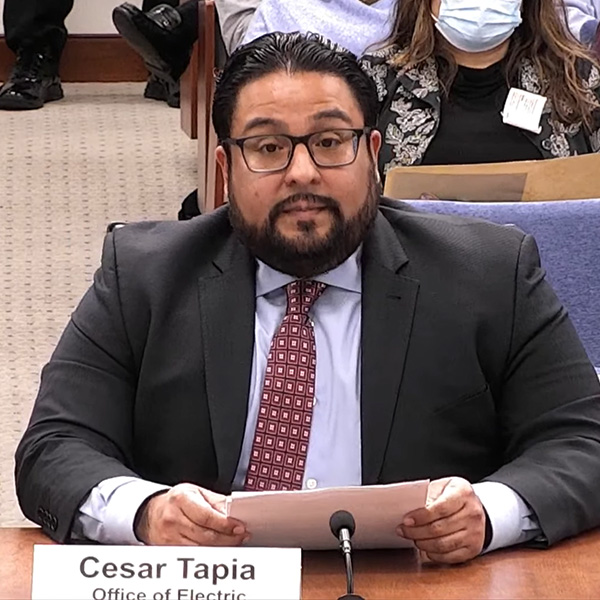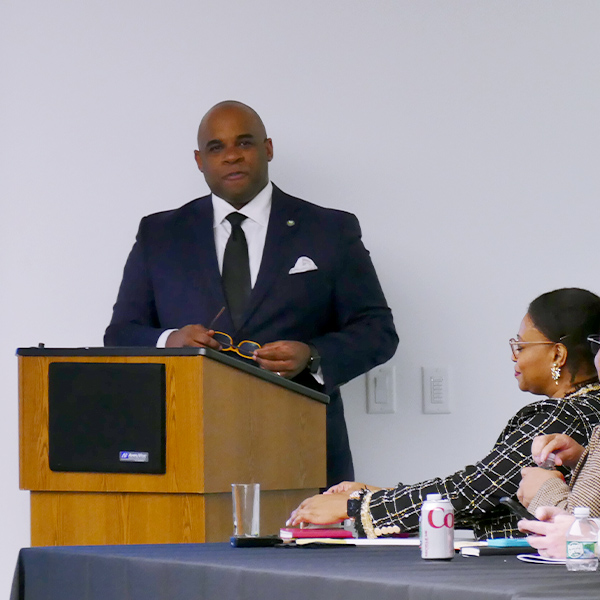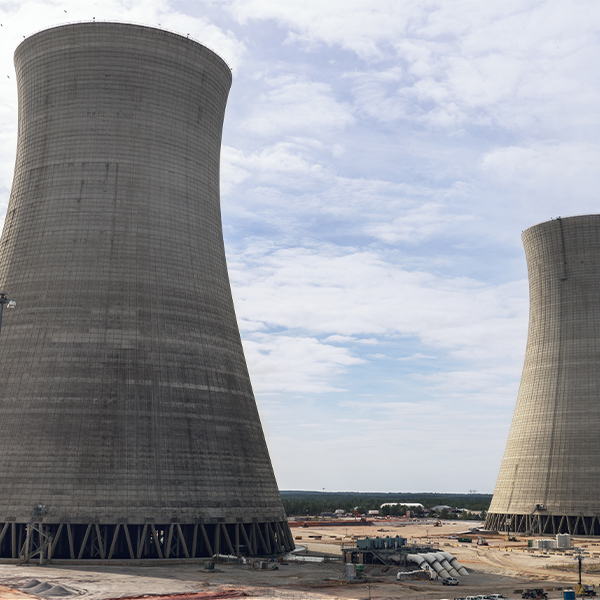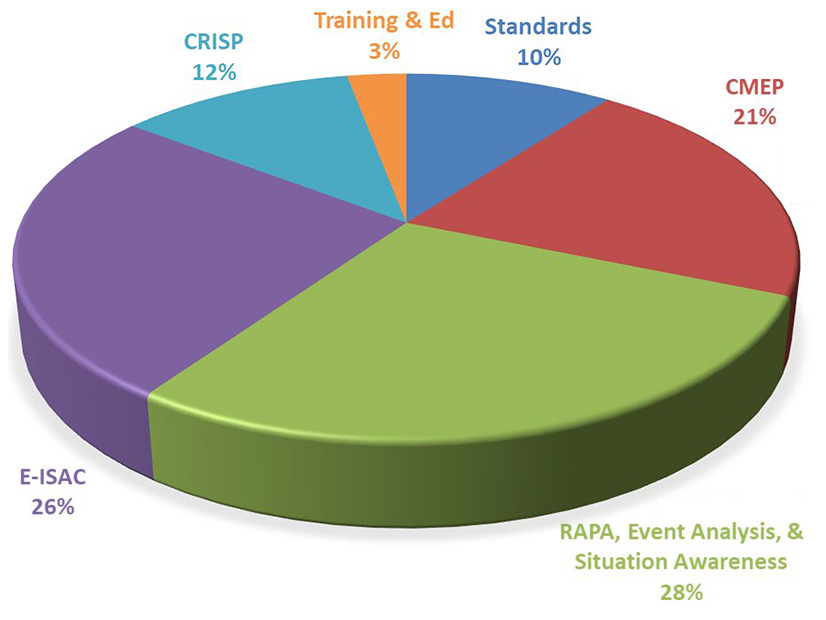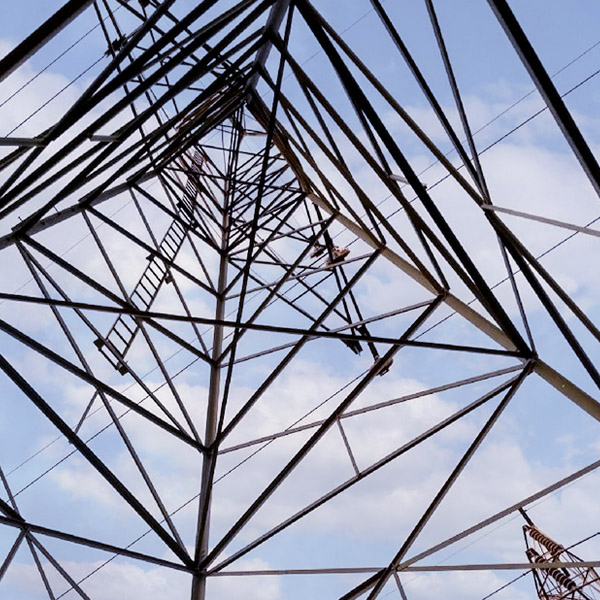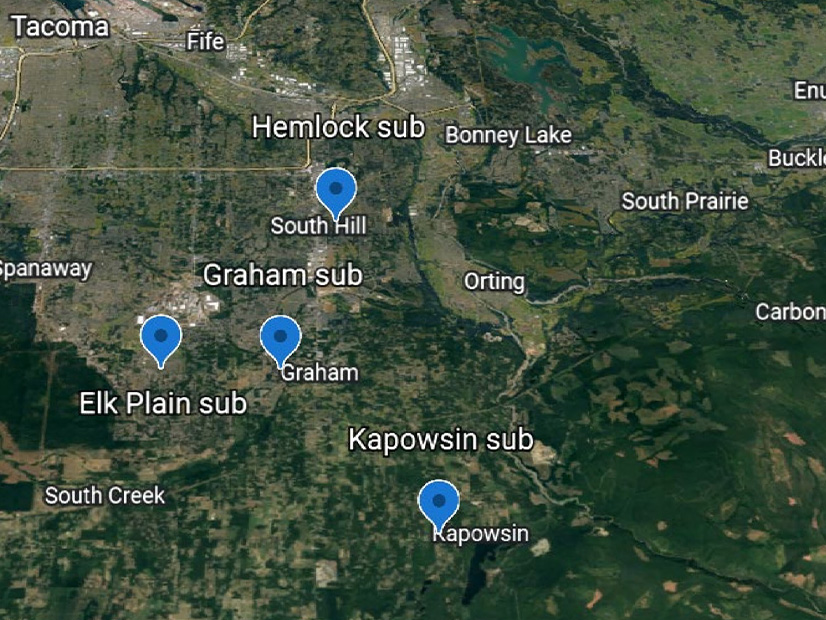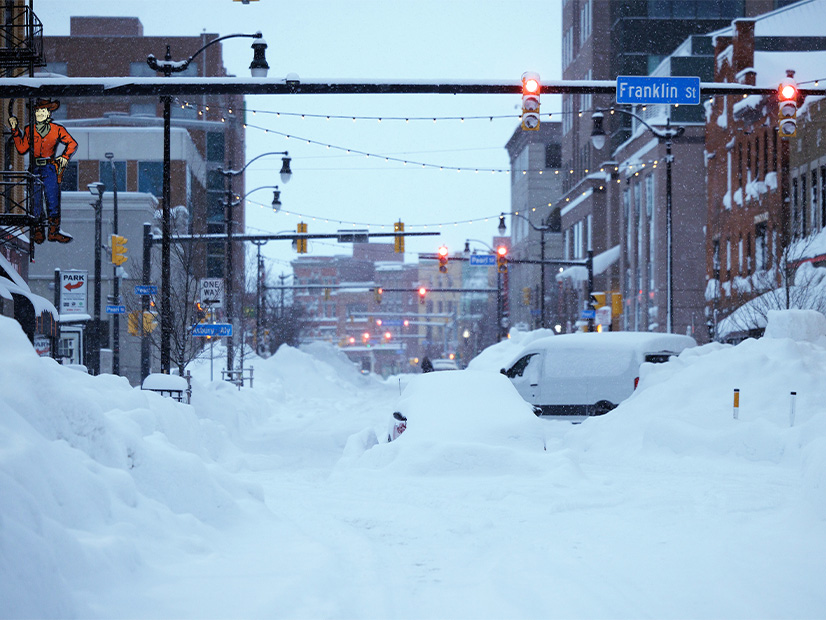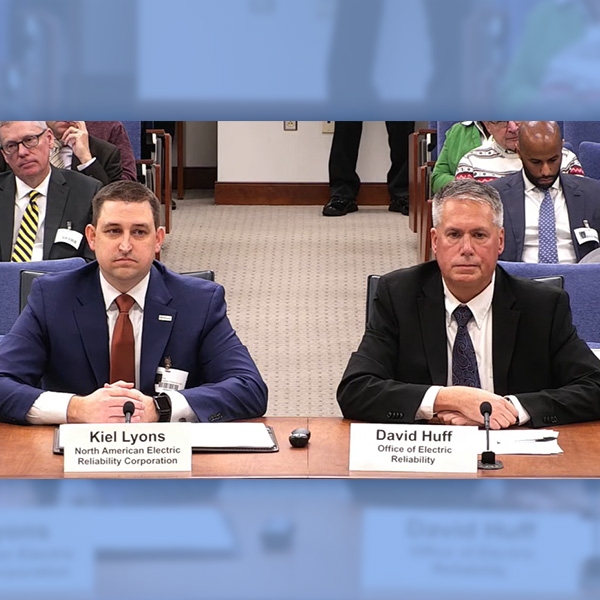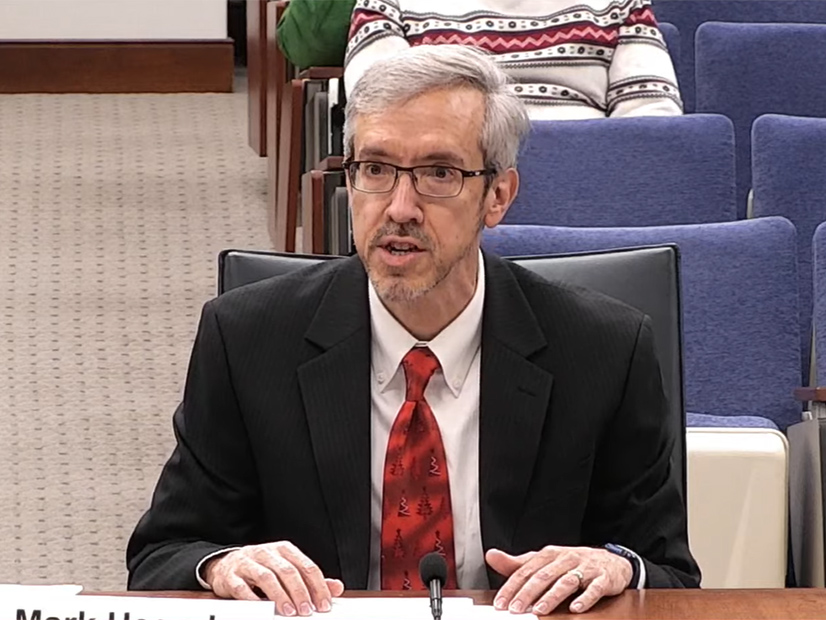FERC & Federal
The Federal Energy Regulatory Commission is an independent regulatory agency that oversees the transmission of electricity, natural gas and oil in interstate commerce, as well as regulating hydroelectric dams and natural gas facilities.
FERC ordered NERC to require utilities to implement internal network security monitoring on certain cyber systems at bulk power system facilities.
Acting FERC Chairman Willie Phillips made his first comments since taking over the agency.
Southern Co. said that Unit 3 at Vogtle nuclear plant in Ga. suffered yet another delay and is not expected to come online until at least the second quarter.
NERC submitted a compliance filing that seeks to reassure FERC about the fairness of the E-ISAC's industry outreach efforts.
FERC approved a $4.4 million settlement with PacifiCorp that ends an enforcement probe into the utility’s transmission line rating practices.
Two men were accused of damaging four electric substations in Washington — leaving thousands without power on Christmas — as a cover for a burglary plot.
FERC and NERC will conduct yet another inquiry into cold weather grid failures after Duke and TVA cut power to consumers during December's winter storm.
The commission rejected a complaint by cybersecurity activist George Cotter, who last year accused NERC of neglecting the cybersecurity needs of the BPS.
FERC Chair Richard Glick cited "remarkable” progress on FERC's and NERC's recommendations in response to Winter Storm Uri but cautioned there is more to do.
Reacting to an attack on two substations, FERC ordered NERC to review the effectiveness of its physical security standards and recommend needed improvements.
Want more? Advanced Search
